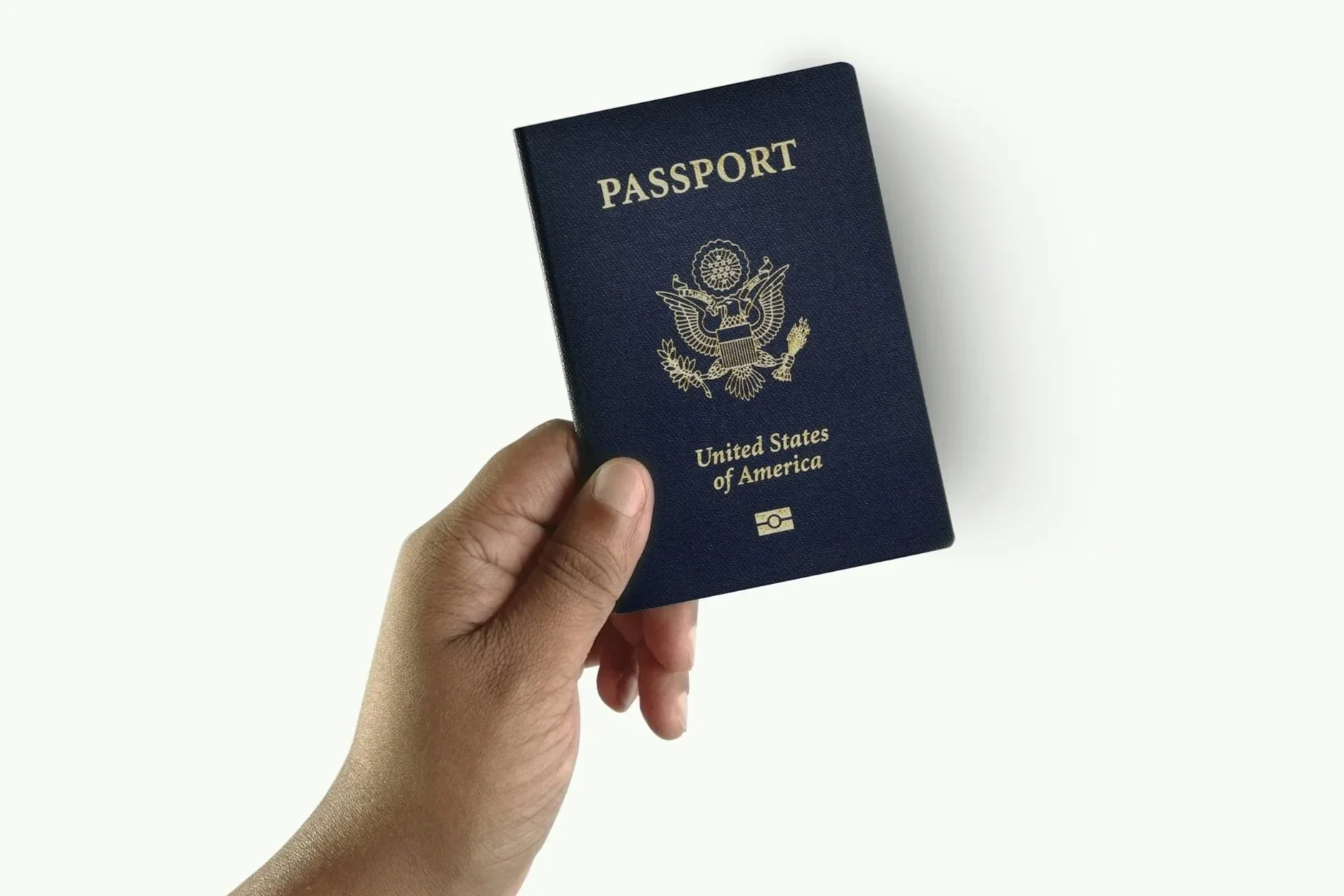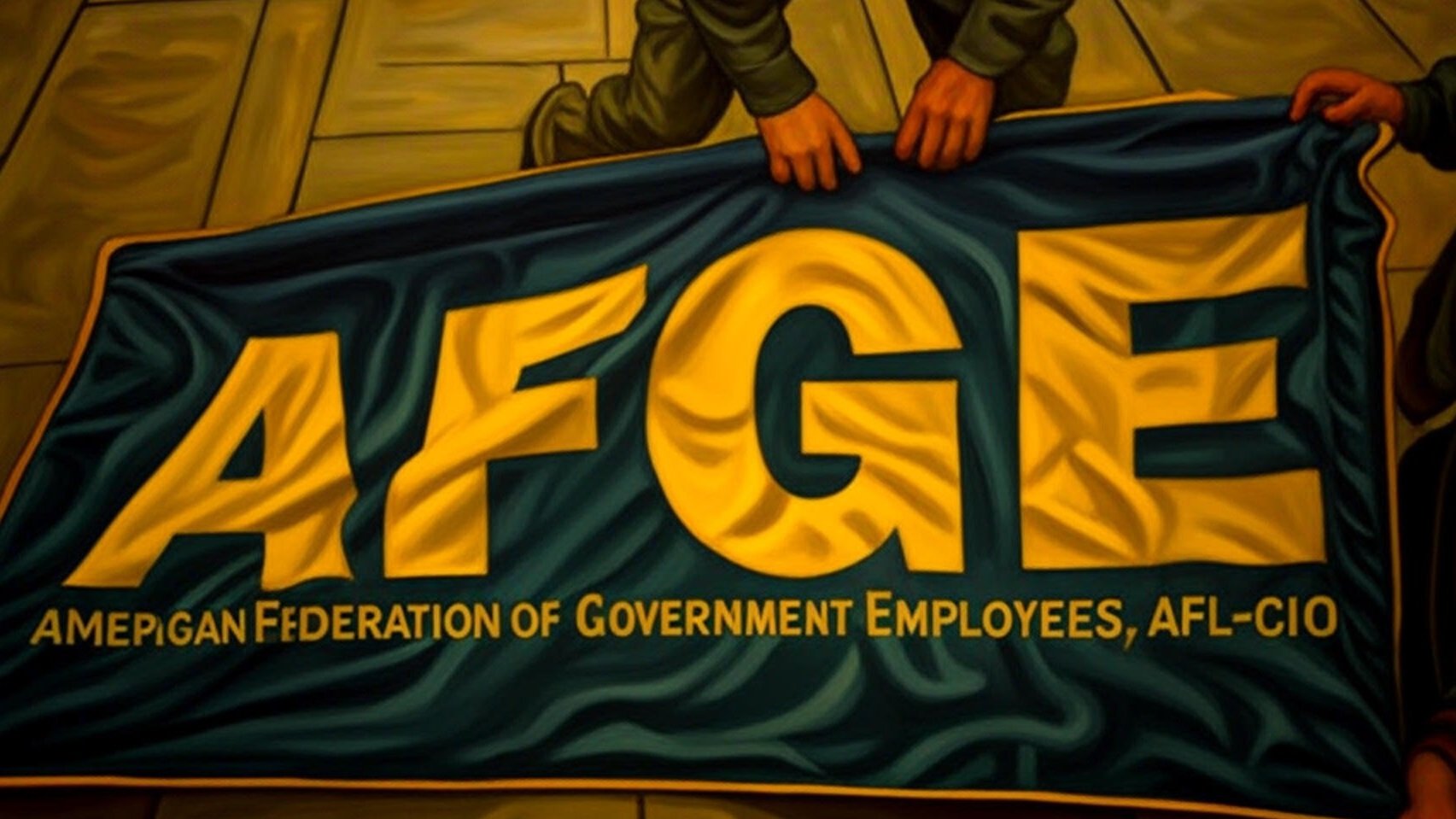Trump Admin Asks SCOTUS to End Birthright Citizenship
Key Points
Background: The case stems from President Trump's January 20, 2025, executive order aiming to restrict birthright citizenship under the 14th Amendment, excluding children born in the U.S. to parents who are undocumented or on temporary visas, challenging long-standing interpretations rooted in post-Civil War history and key Supreme Court precedents like Wong Kim Ark.
What Both Sides Want: The Trump administration seeks to limit citizenship to those "lawfully entitled," arguing the amendment was intended for freed slaves and not for children of non-citizens, to bolster border security; opponents, including federal judges and challengers in lawsuits, aim to preserve universal birthright citizenship as a constitutional guarantee, viewing the order as a direct violation of the amendment's text and historical precedents.
Available Outcomes: The Supreme Court could grant review during its 2025-26 term, potentially upholding the order if it aligns with originalist interpretations, striking it down based on established precedent, or declining to hear it; a decision might come by mid-2026, adding to other high-profile cases on executive powers.
Case Background
The dispute centers on the Citizenship Clause of the 14th Amendment, ratified in 1868 to reverse the Dred Scott v. Sandford decision and ensure citizenship for formerly enslaved people. This clause states that all persons born or naturalized in the U.S., and subject to its jurisdiction, are citizens. In 1898, the Supreme Court in United States v. Wong Kim Ark affirmed birthright citizenship for a child born in the U.S. to Chinese immigrant parents, establishing it as a "fundamental rule" with limited exceptions like children of diplomats or invading forces.
Trump's Executive Order 14160, signed on his first day back in office, fulfills a campaign promise by denying citizenship to those born after February 19, 2025, if both parents lack permanent legal status. Legal challenges quickly emerged, with federal courts issuing injunctions deeming the order unconstitutional.
Positions of the Parties
The administration, via Solicitor General D. John Sauer, argues the 14th Amendment's "subject to the jurisdiction thereof" excludes children of undocumented or temporary visitors, claiming the provision targeted freed slaves and not modern immigration scenarios. They emphasize border security and the "destructive consequences" of broad interpretations.
Opponents contend the order defies the amendment's plain text and over a century of precedent, including Wong Kim Ark, which supports citizenship for all born on U.S. soil barring narrow exceptions. Judges in cases like Barbara v. Trump and 9th Circuit rulings have blocked enforcement, calling birthright citizenship a "fundamental constitutional right."
Potential Outcomes
If granted certiorari, the Court could hear arguments in 2026, with a ruling by summer. An originalist majority might narrow citizenship, while a precedent-focused decision could invalidate the order entirely. This case joins others on executive authority, potentially reshaping immigration law.
In a significant escalation of ongoing debates over immigration and constitutional interpretation, the Trump administration has petitioned the U.S. Supreme Court to review the legality of President Donald Trump's executive order aimed at restricting birthright citizenship. Filed on September 26, 2025, by Solicitor General D. John Sauer, the petitions challenge lower court rulings that deemed the order unconstitutional, setting the stage for what could be a landmark decision on the scope of the 14th Amendment's Citizenship Clause. This move comes amid a term already packed with high-stakes cases on executive powers, potentially reshaping American citizenship laws with far-reaching implications for immigration policy, border security, and civil rights.
Historical and Legal Background
The controversy traces back to the 14th Amendment, ratified in 1868 in the aftermath of the Civil War. Its Citizenship Clause declares: "All persons born or naturalized in the United States, and subject to the jurisdiction thereof, are citizens of the United States and of the State wherein they reside." This provision was explicitly designed to overturn the infamous 1857 Supreme Court decision in Dred Scott v. Sandford, which held that Black individuals descended from enslaved people could not be U.S. citizens and were not entitled to federal court protections. By enshrining birthright citizenship—known as jus soli—the amendment aimed to ensure equal protection and citizenship for newly freed slaves and their descendants, addressing the racial injustices of the era.
Four decades later, the Supreme Court further clarified the clause in the 1898 case United States v. Wong Kim Ark. Born in San Francisco to Chinese immigrant parents, Wong Kim Ark was denied re-entry to the U.S. after a trip abroad under the Chinese Exclusion Acts. In a 6-2 decision, Justice Horace Gray, writing for the majority, affirmed that the 14th Amendment upholds the "ancient and fundamental rule" of citizenship by birth on U.S. soil, subject only to limited exceptions: children of foreign diplomats, those born on foreign public ships, during hostile occupations, or members of sovereign Indian tribes. This ruling established birthright citizenship as a broad constitutional guarantee, extending beyond the amendment's original context to include children of non-citizen parents permanently residing in the U.S.
Over the years, this interpretation has become a cornerstone of American law, influencing immigration and citizenship policies. However, it has faced periodic challenges, particularly in debates over "birth tourism" and undocumented immigration. Proponents of reform argue that the modern application strays from the framers' intent, while defenders emphasize its role in promoting inclusivity and equality.
The current case arose from Executive Order 14160, signed by President Trump on January 20, 2025—his first day in office. Fulfilling a longstanding campaign pledge, the order directs federal agencies to interpret the 14th Amendment narrowly, denying automatic citizenship to children born in the U.S. after February 19, 2025, if both parents are undocumented or on temporary visas (such as tourists or students). The administration justified this by claiming the amendment's "jurisdiction" phrase excludes those not fully subject to U.S. laws, such as illegal entrants or short-term visitors.
A wave of lawsuits followed, with plaintiffs including affected families, advocacy groups, and states. Federal judges across the country, including Senior U.S. District Judge John Coughenour in the Western District of Washington, issued preliminary injunctions blocking enforcement nationwide, labeling birthright citizenship a "fundamental constitutional right." In Barbara v. Trump, U.S. District Judge Joseph Laplante in New Hampshire granted class-wide relief on July 10, 2025, for babies born after February 20, arguing the order "contradicts the text of the Fourteenth Amendment and the century-old untouched precedent that interprets it." Similarly, a divided 9th Circuit panel on July 23 ruled the order invalid for clashing with the amendment's plain language.
Earlier, in March 2025, the administration sought Supreme Court intervention not on the merits but on the scope of injunctions. In a 6-3 decision on June 27, the Court limited federal judges to providing relief only to parties in the case, rejecting "universal" injunctions. This paved the way for the recent petitions, which consolidate challenges from the 9th Circuit and Barbara v. Trump, bypassing the 1st Circuit.
Timeline of Key Events
What Both Sides Want: Arguments and Objectives
The Trump administration's position, articulated by Sauer, is rooted in an originalist reading of the 14th Amendment. They contend the Citizenship Clause was meant solely for freed slaves and their children, not for offspring of "temporary visitors or illegal aliens." Sauer warns of "destructive consequences" from pervasive misinterpretations, including incentives for illegal immigration and "birth tourism." The government seeks Supreme Court validation to uphold the executive order, arguing it advances a "compelling interest" in securing borders and ensuring citizenship is granted only to those "lawfully entitled," thereby allowing the president to influence immigration through executive action. Proponents of this view often highlight policy benefits, such as reducing chain migration and aligning U.S. practices with most other countries, which base citizenship on parental status (jus sanguinis) rather than birthplace.
Opponents, including civil rights organizations like the ACLU and NAACP Legal Defense Fund, along with lower court judges, aim to strike down the order as an unconstitutional overreach. They argue it ignores the amendment's unambiguous text and Wong Kim Ark's binding precedent, which extends citizenship to all born in the U.S. except in rare cases. Critics warn that ending birthright citizenship could create a stateless underclass, exacerbate discrimination, and undermine democratic principles by allowing executive fiat to alter core constitutional rights. They emphasize its role in fostering an inclusive society, countering arguments that it encourages illegal immigration by pointing to lack of empirical evidence and the amendment's historical commitment to equality.
Arguments For & Against
Available Outcomes and Implications
The Supreme Court now faces petitions to grant certiorari for the 2025-26 term, starting October 6, 2025. Sauer has not requested expedited review, so if accepted, oral arguments could occur in early 2026, with a decision by June or July. Possible outcomes include:
Grant and Uphold the Order: A conservative majority might adopt the administration's originalist view, limiting birthright citizenship and expanding executive immigration powers. This could validate similar reforms but spark backlash over civil rights erosion.
Grant and Strike Down: Relying on precedent, the Court could reaffirm Wong Kim Ark, declaring the order unconstitutional and requiring a constitutional amendment for changes— a process needing two-thirds congressional approval and three-quarters state ratification.
Deny Review: Lower court injunctions would stand, maintaining status quo but leaving the issue unresolved for future challenges.
This case joins others, like those on tariffs and agency firings, testing Trump-era executive authority. Broader implications could affect millions, influence election dynamics, and redefine "American" identity in a diverse nation.









In a significant policy shift, federal prosecutors in the District of Columbia have been directed to stop bringing felony charges against individuals solely for carrying rifles or shotguns. The new directive, confirmed by U.S. Attorney for D.C. Jeanine Pirro, stems from a Justice Department determination that the city's longstanding ban on the public carry of long guns is unconstitutional in light of recent Supreme Court precedent.